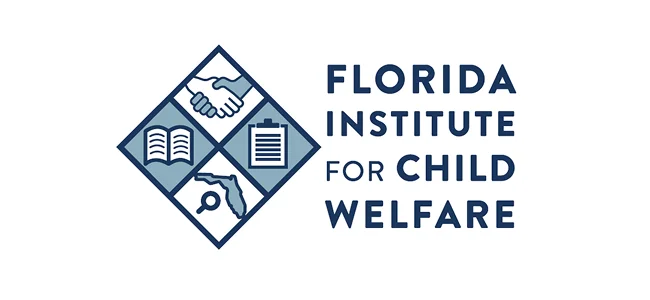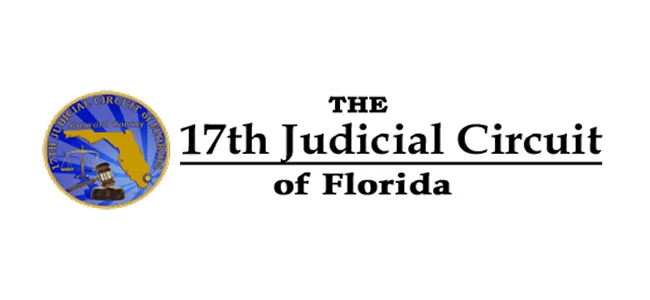About Us
Helping Older Teens Powerfully Engage
Our goal is to develop a replicable program that shifts the adversarial dependency system into one centered on restoration and community-building—fulfilling the true purpose of the law: to deliver justice for all.
Our Mission
Improving connection, compassion and building community.
Creating a space where our youth are deeply heard and are co-creators in their new life.
Working WITH our youth to empower them to make positive behavioral choices.
Supporting our child welfare professionals, whose significant care changes lives, and for whom we are deeply grateful.
What is the HOPE Project?
When teenagers age out of foster care, they gain access to vital state benefits, including financial and housing assistance. Yet, many do not engage in these programs—often due to a lack of meaningful connections and support. At HOPE, we bridge this gap by fostering strong relationships, empowering youth, and ensuring they have the resources they need to thrive in adulthood.
HOPE provides a safe, supportive space where youth feel heard, valued, and empowered to take charge of their future.
The HOPE Project (Helping Older Teens Powerfully Engage) was created to transform the child welfare system and improve outcomes for older youth—many of whom are involved in multiple systems and are at high risk of homelessness or incarceration shortly after turning 18. By embedding restorative practices into the legal system, HOPE cultivates connection, compassion, and community.
We collaborate WITH our youth, equipping them with the tools and support needed to make positive, self-directed choices.
Our Programming Includes
“In matters of truth and justice, there is no difference between large and small problems, for the issues concerning the treatment of people are all the same.”
Albert Einstein
Restorative Foundations
The term restorative practices originates from the restorative justice movement within the criminal justice field. The HOPE Project embraces these principles as the foundation for its programs, using them to foster connection and empowerment. By fostering emotionally safe spaces, child welfare professionals unite with a shared mission: to enhance the lives of our youth and support their journey toward self-sufficiency in adulthood. Through community-driven collaboration, we strengthen relationships that help youth thrive beyond the foster care system.

Program building blocks include:
- training and coaching in affective and empathic communication, &
- utilizing circles for court hearings, TIL planning, and all supportive services.




